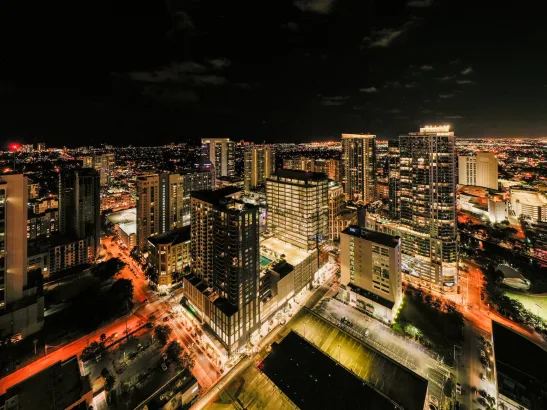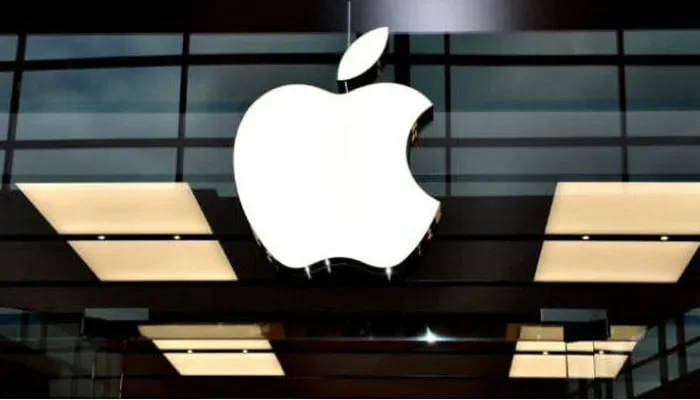In a groundbreaking move, Amazon has announced its plans to construct a state-of-the-art satellite processing facility in Florida’s Space Coast. With a staggering investment of $120 million, the facility is set to play a vital role in Project Kuiper, Amazon’s ambitious initiative to provide global broadband internet coverage. This strategic investment marks a significant milestone for Amazon and the tech industry as a whole, bringing us one step closer to a more connected world. In this article, we delve into the details of Amazon’s Project Kuiper, the reasons behind its investment, and its potential impact on our digital future.
Table of Contents
1. The Vision behind Amazon’s Project Kuiper:
Project Kuiper aims to bridge the digital divide by delivering affordable, high-speed internet connectivity to unserved and underserved communities around the globe. With a constellation of thousands of satellites working together, Project Kuiper intends to cover every corner of the planet, providing reliable internet access to even the most remote areas. This ambitious venture aligns with Amazon’s commitment to innovation and its mission to make the world more accessible.
According to TechCrunch, “By investing in a dedicated satellite processing facility, Amazon is signaling its determination to see Project Kuiper through to completion and solidify its position as a major player in the space-based internet market.”
2. Florida’s Space Coast: A Prime Location for Innovation:
The choice to build the satellite processing facility in Florida’s Space Coast holds strategic significance. The Kennedy Space Center’s proximity and existing infrastructure make it an ideal location for Amazon to leverage the expertise and resources available in the region. Furthermore, Florida’s supportive business environment and favorable weather conditions for space launches make it an attractive destination for space-related ventures.
The GeekWire reports that “Florida’s Kennedy Space Center has long been a hub for space innovation, making it a natural fit for Amazon’s endeavors in the satellite industry. The facility will benefit from the extensive infrastructure and launch capabilities already in place.”
3. Boosting Economic Growth and Job Creation:
Amazon’s $120 million investment in Florida will have a significant positive impact on the local economy. Establishing the satellite processing facility is expected to create numerous high-skilled job opportunities and drive economic growth in the region. The state-of-the-art facility’s construction and subsequent operations will generate a ripple effect across various industries, fueling growth and attracting additional investment.
As Ground News reports, “This investment will not only bring high-tech jobs but will also stimulate economic growth and diversification, showcasing Florida as a key player in the global space industry.”
4. Addressing Challenges and Potential Concerns:
While Amazon’s Project Kuiper holds immense promise, some challenges and concerns come with deploying a massive satellite network. One notable concern is the potential for space debris, as the increased number of satellites raises the risk of collisions and creates challenges for space traffic management. However, Amazon has committed to collaborating with regulatory authorities and investing in innovative solutions to mitigate these risks. Moreover, competition within the satellite industry and regulatory hurdles may pose additional challenges.
According to Fox Business, “Critics argue that such massive satellite networks raise concerns about space debris and interference between different operators, urging Amazon and other companies to work closely with regulators to develop sustainable practices and regulations.”
Conclusion:
Amazon’s investment in a $120 million satellite processing facility in Florida’s Space Coast for Project Kuiper is a testament to the company’s commitment to revolutionizing global internet connectivity. By leveraging state-of-the-art technology and collaborating with experts in the field, Amazon aims to bridge the digital divide and bring the benefits of a connected world to every corner of the globe. While challenges exist, Amazon’s determination to address regulatory concerns and invest in sustainable practices bodes well for the success of Project Kuiper. As we embark on this new era of internet connectivity, all stakeholders must work together to navigate the challenges and ensure a sustainable and inclusive digital future for all.







It’s amazing to see how technology is advancing and bringing internet access to remote areas. This project has the potential to change lives.
Florida’s Space Coast is the perfect location for this facility. It has the necessary infrastructure and expertise to support Amazon’s ambitious project.
I’m excited about the economic growth and job opportunities this project will bring to Florida. It’s great to see Amazon investing in the local economy.
I hope Amazon takes the necessary measures to address the concerns regarding space debris and interference. We need to prioritize the sustainability of space operations.
The vision behind Project Kuiper is inspiring. It’s essential to connect unserved and underserved communities to the internet for their development and empowerment.
Collaboration between companies and regulatory authorities will be crucial to ensure the success and safety of these satellite networks.